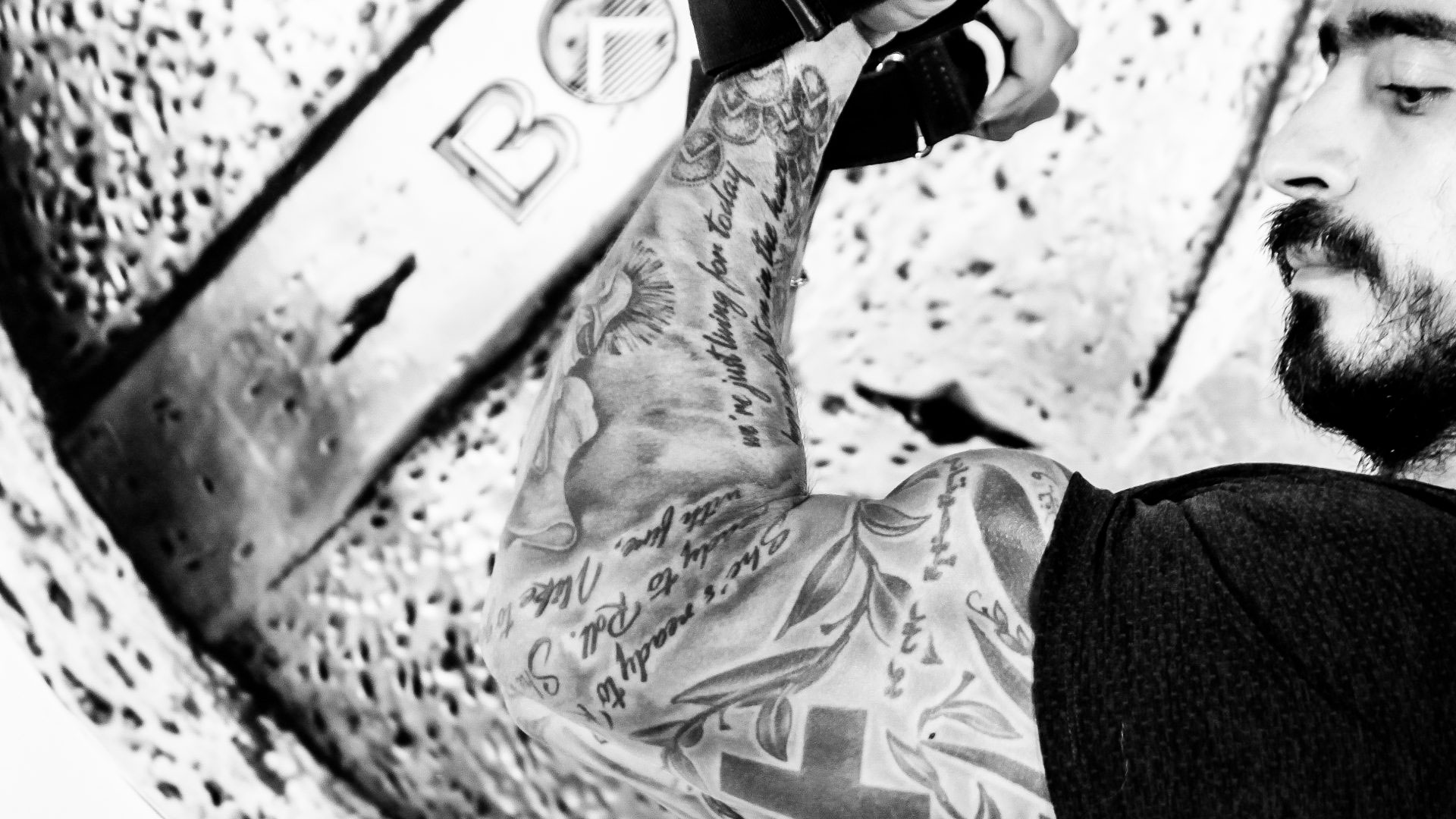
30 Abr Beneficios, mitos y realidades de la Nutrición Vegana
¿Qué es?
Empezemos por describir una nutrición a base de plantas (vegana) como el consumo de alimentos ricos en nutrientes (micro y macro) con las calorías necesarias para un desempeño humano y salud óptimos excluyendo alimentos tóxicos, nocivos y totalmente innecesarios como animales, huevos y lácteos.
BENEFICIOS:
1) Mejor Digestión
De los beneficios más generales y que puedes notar rápido es cómo tu digestión mejora y te sientes menos hinchado o inflamado.
2) Menos Grasa
Otro beneficio puede ser que tu porcentaje de grasa corporal disminuya, por supuesto si estás siguiendo los lineamientos correctos además de un plan de entrenamiento inteligente.
3) Más Energía
Muchas personas reportan mejoras en su humor y niveles de energía así como en atletas mejorando su fuerza, resistencia y desempeño en general.
4) Dormir Mejor
Se han estudiado casos donde las personas duermen mejor y sus niveles de atención y capacidad cognitiva mejoran gracias a que tendrás mucho más energía que antes se destinaba a digerir carnes o lácteos.
MITOS:
Deficiencia de algún nutriente – ES MENTIRA.
De los grandes mitos que vemos por todos lados, es que vas a tener deficiencia de algún nutriente si eliminas por completo el consumo de animales, huevos y lácteos, de lo cuál surge la pregunta: ¿Qué nutrientes son específicos y exclusivos del mundo animal que no encontremos en el mundo vegetal? Pregunta a la cuál aún no hay respuesta existente.
“Te va a faltar proteína” – ES MENTIRA.
Toda la proteína que necesitas está en el mundo vegetal sin importar sus objetivos físicos o de salud que tengas, además considera que al cocinar los alimentos, pierdes del 50 al 75% de su proteína y aproximadamente el 90% de los micronutrientes (vitaminas y minerales) y el 100% de los fito nutrientes.
La realidad es que una nutrición a base de plantas tiene beneficios claros en la salud humana y en el planeta entero.
El desgaste de recursos que implica la producción de animales para consumo humano está destruyendo nuestro planeta y este problema es totalmente reversible si tomamos mejores decisiones a la hora de alimentarnos.
Cada vez existen más casos de éxito en estas transiciones, es por eso que recomendamos que te acerques con un profesional para asesorarte.

No Comments